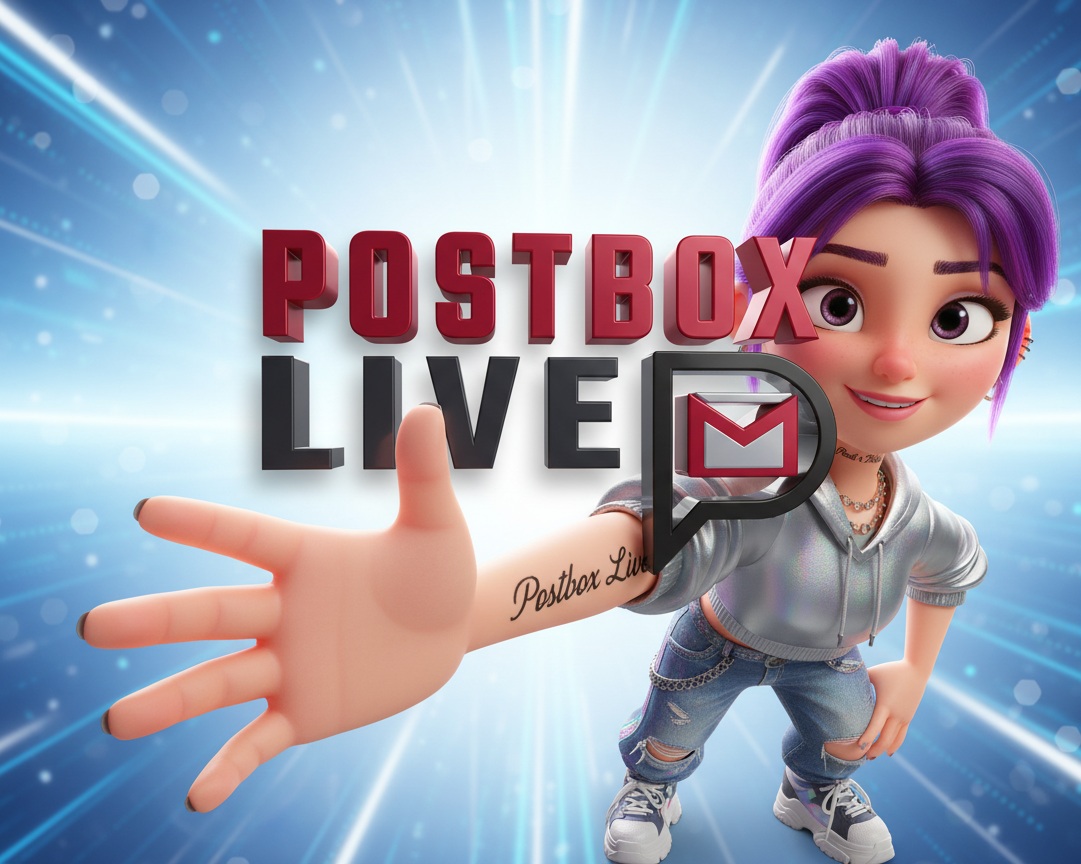Can Human Writers and
AI Writing Tools Coexist?
In today’s digital world, the demand for content is higher than ever. Individuals, organizations, and marketers need fresh, engaging information to connect with their audiences. With the rise of AI-powered writing tools, many human authors worry about their future. So, can AI technologies and human writers coexist online? The answer is yes if we harness AI’s strengths and manage its weaknesses carefully.
AI’s Effectiveness and Output
Despite over a decade in content creation, I’m still impressed by how AI speeds up the process. AI can generate large volumes of text quickly by applying preset criteria like tone, readability, and keyword density. This makes AI ideal for producing product descriptions, blog posts, and social media updates fast.
However, AI-generated text often lacks the nuance and originality that only humans provide. For instance, AI tools like Google’s Gemini or ChatGPT can write detailed reviews of online sportsbooks such as MyBookie. Yet, they cannot share a personal story about their experience with customer service or the ease of depositing money. Consumers want factual info, but they also crave relatable and authentic content.
Generating Ideas and Conducting Research
AI writing tools shine when it comes to research and idea generation. They analyze huge data sets to identify trends, opportunities, and patterns quickly. Although I specialize in gaming content, many clients ask me to write on unusual topics. For these, I rely on AI for support.
For example, I knew little about NASCAR except that the cars race on oval tracks. Using ChatGPT, I requested stats on top drivers and article ideas. The AI returned many interesting topics and data fast, which I then researched deeply to add a personal touch AI can’t match.
Personalization and Customization
AI excels at creating content from user data. Businesses can generate targeted product descriptions or social media posts for specific audience segments. For example, an e-commerce company might use AI to craft customized messages aimed at different demographics.
That said, AI cannot replicate the emotional resonance or genuine voice human writers bring. People can adjust tone to fit brand identity and add personal touches to create authentic content. These finishing details ensure readers get a consistent, meaningful experience.
Editing and Quality Assurance
While I often use AI for ideas and research, I also use AI-powered tools for editing and quality control. Writing an article full of great info doesn’t guarantee it’s error-free. I pay about $150 annually for Grammarly Premium, which checks grammar, readability, and sentence structure, offering clear improvement suggestions. This helps me produce polished content with minimal manual editing.
Still, human oversight remains essential. AI tools often misinterpret slang, jargon, or technical terms as errors. Combining AI editing with human review keeps my writing accurate, logical, and engaging.
Scaling Content Production
AI can generate hundreds or thousands of articles quickly and efficiently. This scalability benefits e-commerce sites, marketing agencies, and news outlets that need a constant flow of fresh content. However, human writers must ensure this AI-generated content stays creative and high-quality.
Without human input, AI content can become formulaic and repetitive. A quick internet search often reveals websites filled with mass-produced, bland articles that all start the same way. While such sites may attract new visitors, their repeat traffic likely suffers due to lackluster engagement. Returning readers are invaluable, and boring content risks losing them.
Conclusion: Coexistence Is the Future
AI writing tools aren’t going away; if anything, they’ll become more common. Although human writers may feel threatened, they should embrace AI’s potential to enhance their work.
By letting AI handle data processing, research, and even some content generation, writers gain more time to add creativity, flair, and personality. Currently, AI acts as a powerful ally, not a competitor. Humans and AI can coexist effectively in content creation at least until AI can craft believable stories or think with true human insight. That day is unlikely to come anytime soon.

